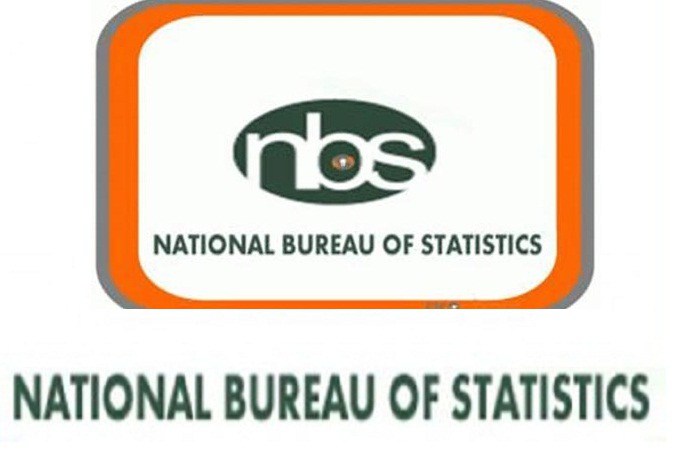News
68% households experienced food insecurity in August –NBS
Published
5 years agoon

Sixty-eight per cent of households experienced food insecurity in August as COVID-19 continued to have its impact on different sectors, the National Bureau of Statistics stated on Monday.
Part of the report read, “The food security situation in Nigeria remains precarious, even as the lockdown restrictions continue to be loosened.
Read Also:
“The share of households experiencing moderate or severe food insecurity remained high at 68 per cent in August 2020.
“Experience of both moderate and severe food insecurity are more prevalent than that reported in July/August 2018 during the first visit of the GHS-Panel.”
As the government continued to ease travel restrictions within the country, most Nigerians reported being able to access preventative care such as prenatal care, it stated.
About 95 per cent of the households with school aged children that were not attending school reported that they planned to send their children to school when they reopened.
The report stated, “About one in four households were indebted prior to the pandemic, while nearly a third have taken out new loans since the onset of the pandemic.”
It added that the overall share of respondents who were working was back to pre-pandemic levels, though there continued to be some evidence of people moving in and out of work.
Share this:
- Click to share on X (Opens in new window) X
- Click to share on Facebook (Opens in new window) Facebook
- Click to share on WhatsApp (Opens in new window) WhatsApp
- Click to share on Pocket (Opens in new window) Pocket
- Click to share on Telegram (Opens in new window) Telegram
- Click to email a link to a friend (Opens in new window) Email
- Click to share on LinkedIn (Opens in new window) LinkedIn
You may like


Nigeria’s Inflation Decline to 15.15% in December 2025 Ignites Questions of Sustainability


Nigeria’s Economy at a Crossroads: Rising Debts, Eased MPR, and Cost to Citizens


JUST IN: Nigeria Posts 4.23% GDP Growth in Q2 2025


Nigeria’s Inflation Eases to 20.12% in August as Food Prices Retreat


Capital Importation: Foreign Investors Stake Fresh $5.6Bn on Nigerian Economy


Nigeria’s Rebased GDP Reaches N372.8 Trillion in 2024










